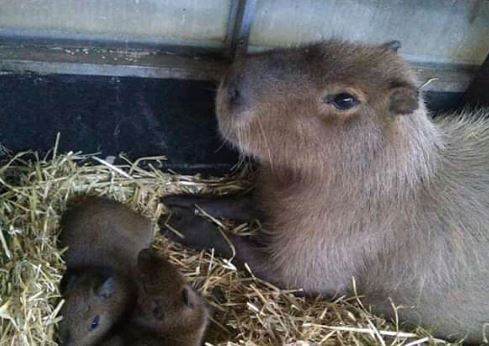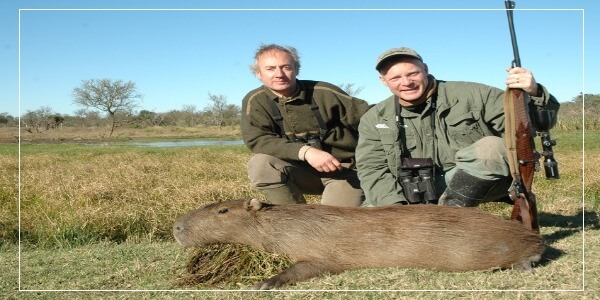With their charming appearance and friendly nature, capybaras have captured the hearts of many exotic pet enthusiasts. However, before embarking on the journey of capybara ownership, it’s crucial to understand the legal and practical aspects involved.
In this comprehensive guide, we’ll explore the question on everyone’s mind: Can you own a capybara in Pennsylvania? We’ll dive into the laws surrounding capybara ownership, permits, and licensing requirements, housing and care considerations, diet and nutrition needs, health and veterinary care, and other essential factors to consider before bringing these unique creatures into your life.
Can You Own a Capybara in Pennsylvania?
Owning a capybara as a pet in Pennsylvania without the proper permits and licenses is illegal. The Pennsylvania Game Commission categorizes capybaras as exotic wildlife and restricts their ownership to zoological or wildlife exhibit purposes.
These restrictions are in place to protect both the capybaras and the environment, as these animals have specific habitat requirements and can potentially disrupt local ecosystems if released or escaped.
To legally own a capybara in Pennsylvania, you must obtain a permit or license from the appropriate authorities. This may involve meeting specific criteria, such as having proper enclosures, demonstrating knowledge and experience in caring for capybaras, and adhering to strict housing, nutrition, and veterinary care regulations.
Permits and Licenses Required to Own a Capybara in Pennsylvania.
Below are the requirements to own a capybara legally in Pennsylvania:
Understanding the Legal Status
The first step in determining the permits and licenses required for Capybara ownership in Pennsylvania is to understand the legal status.
While laws can change, as of my knowledge cutoff in September 2021, capybaras are classified as exotic animals in Pennsylvania. It means that special permits are typically needed to keep them as pets.
Pennsylvania Game Commission (PGC)
The Pennsylvania Game Commission is the primary authority responsible for regulating wildlife in the state. Regarding Capybara ownership, the PGC oversees the permit process and provides guidance.
You need to know that to own a Capybara in Pennsylvania legally, you will likely need a Captive Wildlife Permit issued by the PGC. This permit is required for keeping exotic animals as pets.
It ensures that you meet the necessary standards for the well-being and care of the animal. The application typically requires detailed information about your capybara, including its origin, identification, and intended purpose (e.g., personal pet, educational use). Be prepared to provide information about your facilities, enclosures, and husbandry practices.
Facility Requirements
The PGC may have specific facility requirements that must be met to obtain a Captive Wildlife Permit. These requirements typically ensure the safety and welfare of the animal and include aspects such as adequate enclosure size, fencing, environmental enrichment, and escape prevention measures.
It’s essential to carefully review the guidelines and ensure your facilities meet the necessary standards.
Inspections and Compliance
As part of the permit process, the PGC may conduct inspections of your facilities to ensure compliance with regulations. They will assess the suitability of the environment, the capybara’s welfare, and the overall safety of the premises.
Maintaining compliance with the permit conditions is crucial to retain your legal ownership status.
Zoning and Local Regulations
Besides the permits required by the PGC, it’s essential to consider any zoning or local regulations that may affect Capybara ownership in your area. Municipalities or homeowners’ associations may have additional requirements or restrictions regarding exotic pet ownership.
Contact your local authorities to inquire about specific regulations applicable to your location.
RECOMMENDED
Requirements for Housing and Enclosure for a Pet Capybara in Pennsylvania?
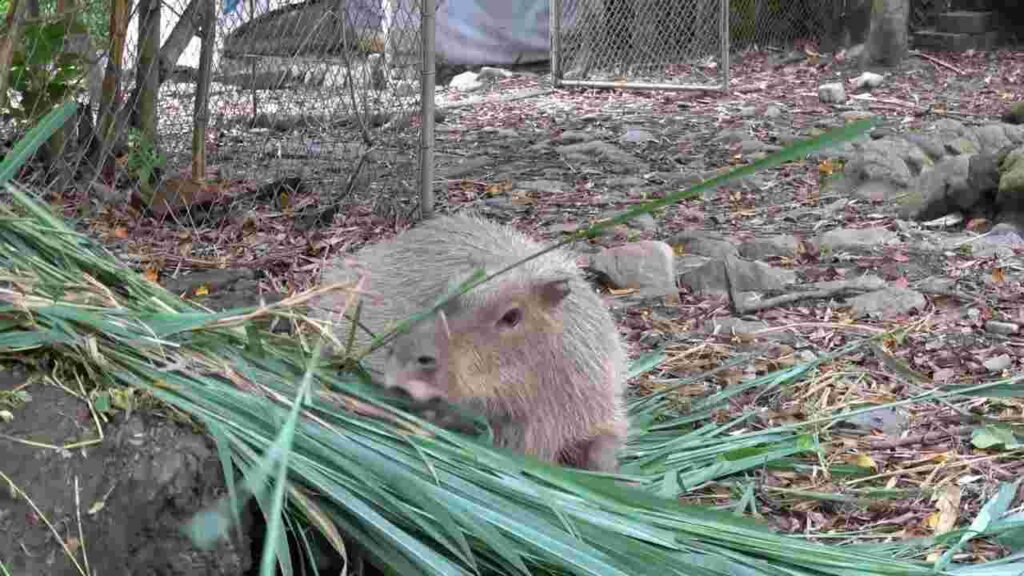
A suitable habitat must provide ample space, access to water, and an environment that simulates their natural behaviors.
1. Ample Space
Capybaras are highly active animals and require considerable space to roam and exercise. Their enclosure should offer 1,200 to 1,500 square feet of usable space.
This can include both indoor and outdoor areas. Outdoor enclosures should be securely fenced to prevent escape and protect the capybara from potential predators.
2. Enclosure Design
The enclosure should simulate the capybara’s natural habitat. A combination of grassy areas, shallow water features, and sheltered spots should be provided.
Ensure the enclosure is escape-proof, with sturdy fencing and dig-proof barriers along the perimeter. Capybaras are excellent swimmers, so a large, clean, well-maintained pool or pond is essential for their physical and mental stimulation.
3. Temperature and Climate
Additionally, capybaras require access to shade in hotter months to prevent overheating, as they are susceptible to heat stress.
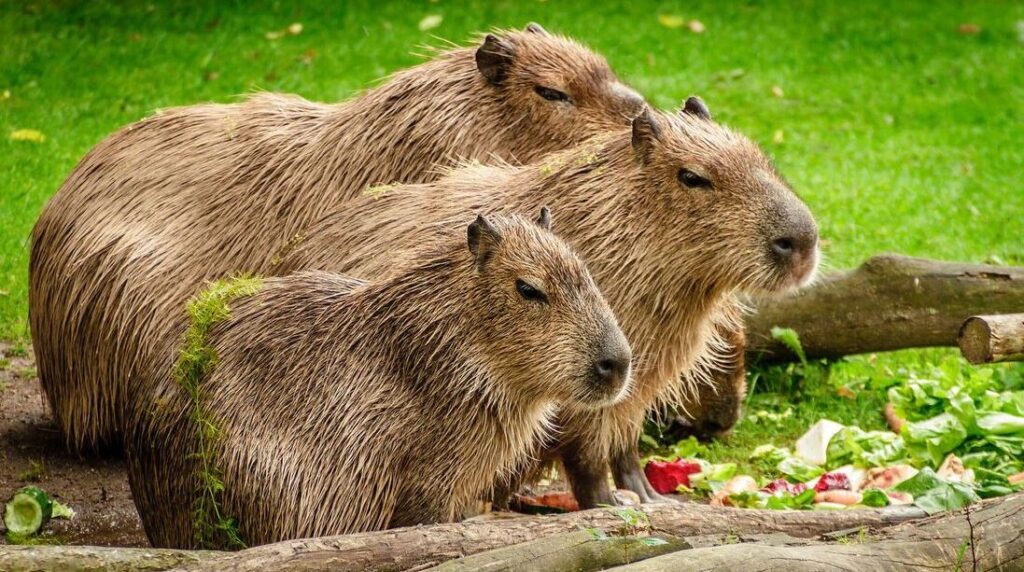
4. Environmental Enrichment
Capybaras are social animals and thrive when provided with companionship. Keeping capybaras in pairs or small groups is recommended.
Offering various forms of environmental enrichment, such as hiding spots, tunnels, and toys, can help keep them mentally stimulated and prevent boredom.
5. Safety and Security
Ensuring the safety and security of your capybara is of utmost importance. Regularly inspect the enclosure for potential hazards, such as sharp edges, toxic plants, or any substances that could be harmful if ingested.
Regularly check the integrity of fencing and make necessary repairs or reinforcements as needed. Additionally, keep in mind any local regulations or restrictions on exotic pet ownership and adhere to them accordingly.
6. Maintenance and Hygiene
Maintaining a clean and hygienic enclosure is vital for the health of your capybara. Regularly remove feces and soiled bedding, and ensure the water in their pool or pond remains clean and contaminant-free.
Regular veterinary check-ups and appropriate vaccinations are crucial to keeping your capybara healthy.
Dietary Recommendations for Pet Capybaras in Pennsylvania
Capybaras are herbivorous animals that primarily feed on vegetation. Their diet in captivity should replicate their natural feeding habits as closely as possible.
Here are some key points to consider when planning the diet of your pet capybara:
- Hay and Grass: Hay should form the foundation of your capybara’s diet. High-quality grass hay, such as Timothy or Orchard grass, should always be available. It provides essential fiber, aids in digestion, and promotes dental health.
- Fresh Vegetables: Offer a variety of fresh vegetables daily to ensure a well-rounded diet. Leafy greens like kale, collard, and romaine lettuce are excellent choices. Other suitable options include spinach, dandelion greens, and parsley. Rotate the vegetables to provide nutritional diversity.
- Fruits: While fruits should be given in moderation due to their high sugar content, they can be offered as occasional treats. Opt for low-sugar options such as watermelon, cantaloupe, or berries. Remove any seeds or pits to avoid potential choking hazards.
- Herbs and Edible Plants: Capybaras enjoy nibbling on herbs and edible plants. Offer small amounts of herbs like cilantro, basil, or mint. Ensure that any plants provided are safe and free from pesticides or chemicals.
- Pellets and Supplements: Commercially available capybara pellets can be offered as part of their diet. Look for high-quality brands specifically formulated for capybaras or similar herbivorous rodents. Additionally, consult with a veterinarian experienced in capybara care to determine if any specific supplements are necessary.
READ MORE: How Do Capybaras Maintain Homeostasis?
What Are The Potential Challenges When Owning a Capybara in Pennsylvania
From legal considerations to their unique dietary requirements and socialization demands, owning a capybara requires a commitment far beyond their initial appeal.
1. Legal Considerations
One of the primary challenges in owning a capybara in Pennsylvania is navigating the legal landscape. While capybaras are legal to own as pets in some states, Pennsylvania might have specific regulations or restrictions.
Researching and understanding the state laws, permits, and licenses required for capybara ownership is crucial. Contacting the local wildlife agency or consulting legal professionals can provide accurate and up-to-date information.
2. Housing and Space Requirements
Capybaras are semi-aquatic creatures that require ample space to roam, swim, and forage. Accommodating their physical needs can be challenging, especially in residential areas.
Providing a suitable enclosure with sufficient space, access to water, and appropriate fencing to prevent escape requires careful planning and significant resources.
Moreover, ensuring the enclosure meets safety standards and zoning regulations adds complexity.
3. Socialization and Companionship
Capybaras are highly social animals that thrive on companionship. In the wild, they live in large groups. Providing adequate socialization and companionship for your capybara can be challenging for a pet owner.
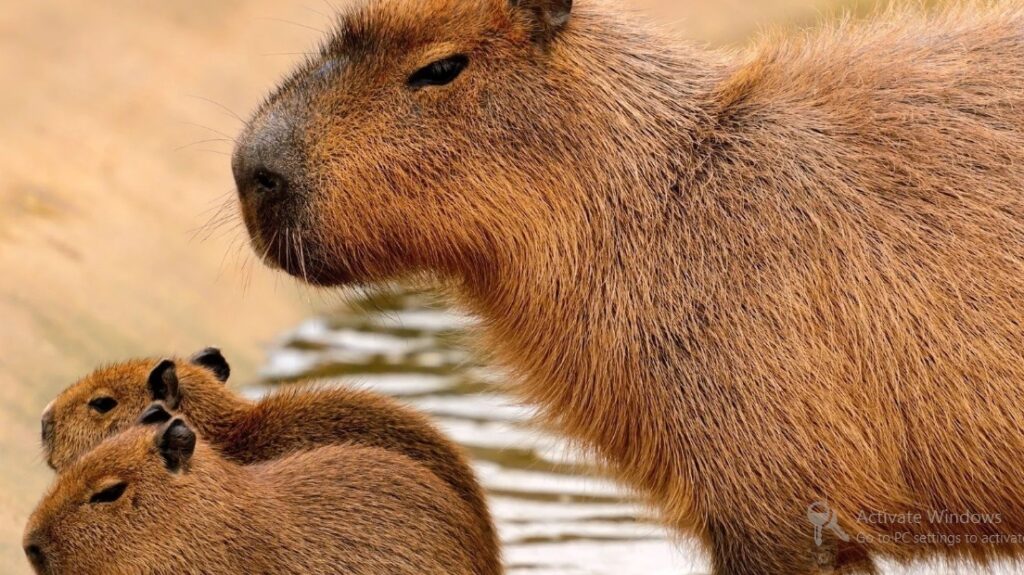
Due to their social nature, capybaras may suffer from loneliness and exhibit behavioral issues if kept alone. Finding a suitable companion, such as another capybara or compatible species, is crucial but can pose challenges regarding availability, compatibility, and long-term care.
4. Dietary and Nutritional Needs
Capybaras have specific dietary requirements, mainly consisting of grasses, aquatic plants, and a variety of vegetables. Meeting their nutritional needs can be challenging, as sourcing food items and maintaining a balanced diet may require extensive research and specialized suppliers.
Additionally, capybaras have a high-fiber diet, necessitating proper dental care and regular access to fresh water.
5. Veterinary Care and Health
Capybaras require routine veterinary care to ensure their health and well-being like any other pet. Finding a veterinarian experienced in treating capybaras in Pennsylvania can be challenging due to their exotic nature.
Regular check-ups, vaccinations, and preventive care are essential for maintaining their overall health. Additionally, capybaras may be susceptible to certain health issues, such as dental problems and skin infections, necessitating specialized knowledge and veterinary expertise.
6. Longevity and Commitment
Capybaras have a relatively long lifespan, typically 8 to 12 years, but can live up to 15 years or more with proper care. This long-term commitment requires considerable time, effort, and resources.
Potential owners should carefully consider their ability to provide a lifelong commitment to their capybara’s physical and emotional needs, even as the animal grows and its requirements evolve.
Conclusion
Whether you can own a capybara in Pennsylvania raises various considerations and factors. While capybaras are fascinating creatures and can make unique pets, it is crucial to understand the legal and practical aspects before deciding to bring one into your home.
Like many other states, Pennsylvania has specific regulations regarding exotic animal ownership. Researching and familiarizing yourself with the state laws and regulations is essential to ensure compliance. Some states require permits or licenses for owning capybaras or other exotic animals, while others may outright prohibit ownership.

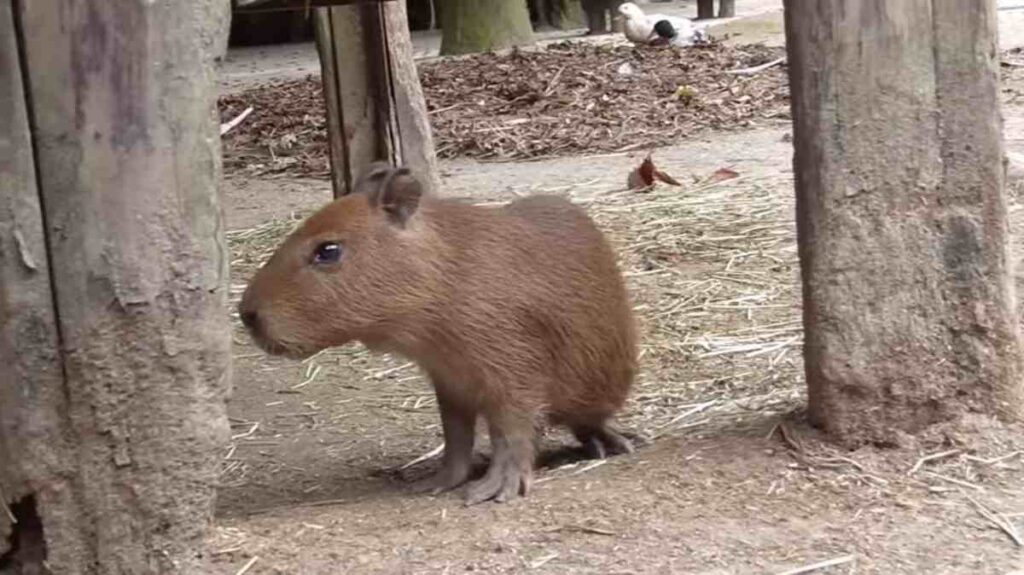
![Capybara Meat And Its Culinary Uses - [Every You Should Know] Capybara Meat & Culinary Uses](https://capybaratips.com/wp-content/uploads/2023/03/Capybara-meat-250x200.webp)
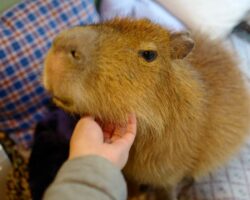
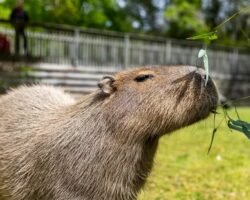
![Where Can I Buy a Capybara Near Me? - [Recommended] Where Can I Buy a Capybara Near Me](https://capybaratips.com/wp-content/uploads/2023/03/Near-Me-250x200.webp)
![How To Get A Capybara In China [Steps By Steps] China-Capybara](https://capybaratips.com/wp-content/uploads/2023/03/China-Capybara-250x200.webp)
![How To Get a Pet Capybara Uk [Step By Step] How To Get a Pet Capybara Uk](https://capybaratips.com/wp-content/uploads/2023/03/Uk-Capybara-250x200.webp)
